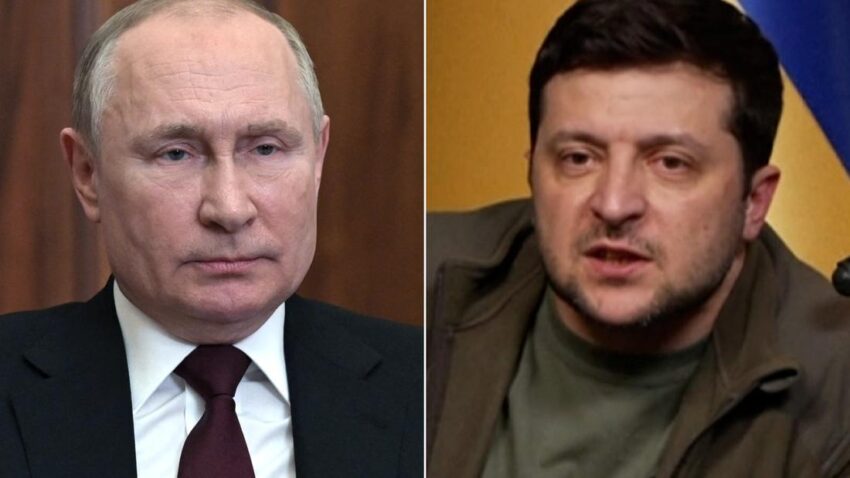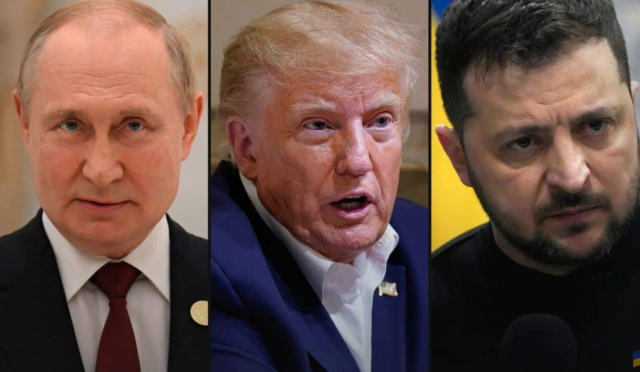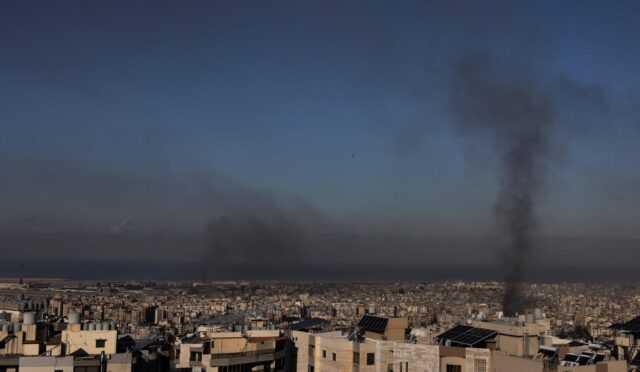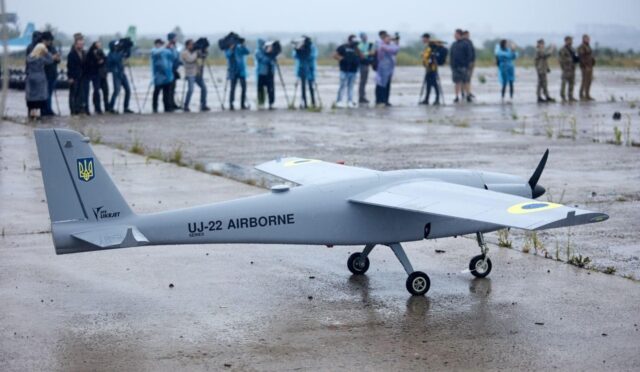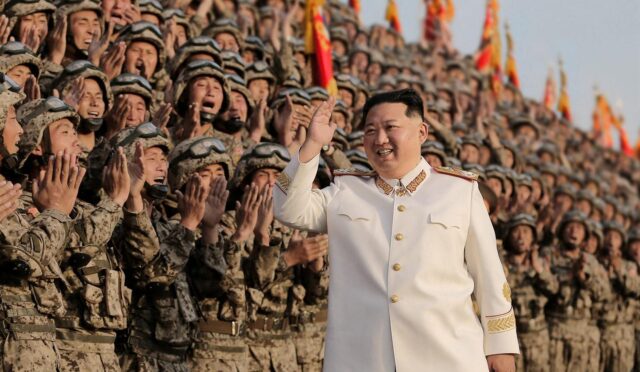Zelensky Warns Against Trusting Putin at Munich Conference
Ukrainian President Volodymyr Zelensky is set to meet U.S. Vice President JD Vance in Germany this Friday to caution against placing trust in Russian President Vladimir Putin. This meeting comes amid growing concerns in Kyiv and among European allies that the resolution of the ongoing war in Ukraine may occur without their involvement, raising alarms about the future of the conflict.
The Munich Security Conference opens just days after pivotal discussions between U.S. President Donald Trump and Putin, which have left Ukraine and its NATO partners feeling unsettled, nearly three years after the onset of Russia’s full-scale invasion. Trump suggested that peace talks regarding Ukraine could soon begin, potentially including territory concessions by Ukraine, and mentioned that NATO membership for Kyiv might be ‘impractical.’
U.S. Officials Address European Concerns
In an effort to ease European anxieties ahead of the conference, Vice President Vance reassured that President Trump would approach negotiations with an open mind. He remarked to the Wall Street Journal that the administration would consider all options and tools available, emphasizing the importance of Ukraine maintaining its sovereign independence.
As discussions continue, Vance acknowledged the uncertainty surrounding the extent of Ukrainian territory that might remain under Russian control, along with what security assurances the U.S. and its allies could offer. He stated that while various possibilities exist, the priority is ensuring Ukraine’s independence is upheld.
Warnings from Zelensky to Global Leaders
On Thursday, Zelensky urged world leaders to exercise caution regarding Putin’s claims of willingness to end the conflict. He expressed a strong desire for the United States to formulate a comprehensive strategy to ‘stop Putin’ before any negotiations commence, highlighting the need for a proactive approach to the crisis.
Zelensky’s warnings reflect a broader sentiment among European leaders who fear that any agreements made without their input could lead to unfavorable outcomes. EU foreign affairs chief Kaja Kallas emphasized that agreements made in secrecy would ultimately fail, reinforcing the notion that appeasement only leads to further conflict.
European Leaders Express Discontent
Many European diplomats and leaders attending the Munich conference share serious concerns about the apparent rift between transatlantic allies and the implications for the post-World War II international order. This week, they were alarmed by comments suggesting that the responsibility for Ukraine’s future security would rest solely on Europe.
Christoph Heusgen, the head of the Munich conference, hinted at potential announcements regarding the withdrawal of American troops from Europe, further complicating European security dynamics. These sentiments signal a shift in America’s approach, with a clear message that Europe must take the lead in addressing the situation in Ukraine.
The Implications of U.S. Foreign Policy
Timothy Garton Ash, a professor of European studies at Oxford, noted the unmistakable message from the U.S. regarding the Ukraine crisis: it is primarily Europe’s problem. He warned that while the U.S. would assist in negotiating with Russia, the enforcement of any agreement would fall on Europe and Ukraine, which may embolden Putin to test defenses in the region.
Zelensky has remained cautiously optimistic, despite fears that Ukraine’s core demands may be overlooked in the negotiations. He expressed disappointment that Trump prioritized a call to Putin before speaking with him, reiterating the need for the U.S. to collaborate on a concrete plan to counter Putin’s aggression.
Zelensky’s Appeal for Support
As the conference approaches, Zelensky is expected to ramp up his calls for increased support from European nations to secure a ‘just peace’ for Ukraine. His engagement with U.S. officials, including Vice President Vance and Secretary of State Marco Rubio, aims to solidify a united front against Russian expansionism.
Despite the challenges, Zelensky remains focused on garnering the necessary backing from allies to fortify Ukraine’s position. His administration has signaled that it does not anticipate participating in discussions with Russian officials at the conference, emphasizing that there are currently no active negotiations on the table.
Security Concerns at the Conference
The Munich Security Conference is marked by heightened security measures following a recent car-ramming incident that injured 30 individuals, leading to the arrest of an Afghan asylum seeker. Authorities have heightened vigilance to ensure the safety of attendees amid these concerns.
With tensions running high, the conversations at the conference are expected to reflect the urgent need for a coordinated response to the evolving situation in Ukraine, as leaders navigate the complexities of international diplomacy in these uncertain times.
